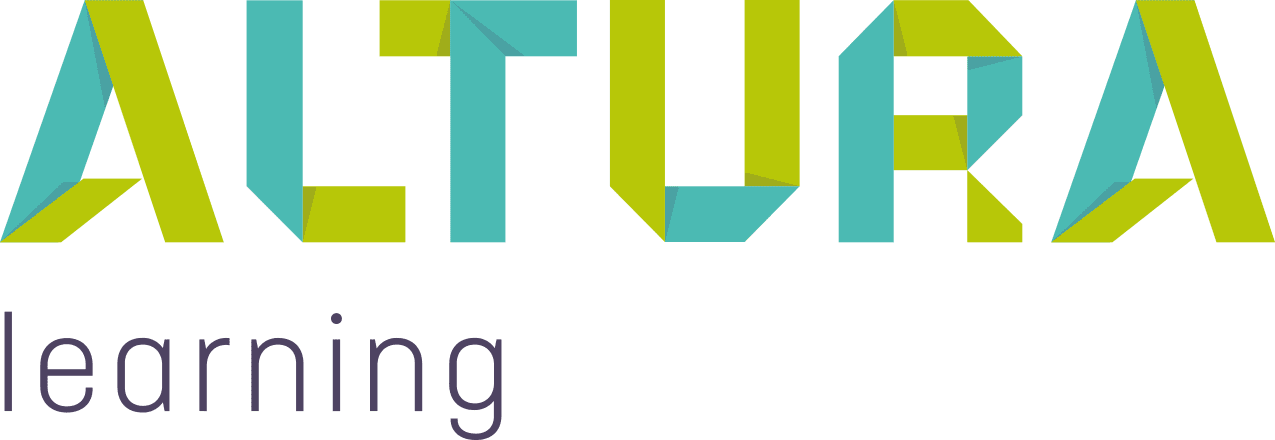Looking after older people and providing care can be a challenge for age care organisations. Older people face many risks both at home and in aged care homes. However, when the aged enter the aged care home, the risks also become a business and institutional matter.
Risk Management is well established in other industries.
Risk management is a well-established practice in business. The discipline of risk management includes:
- Security risks
- Fire risks
- Occupational health and safety compliance risks
- Equipment and system failure risks
- Natural disaster risks
- Industrial and employee relations risks
- Non-compliance risks
- Accreditation risks
- Financial and credit risks
- Property damage risks
- Adequacy of insurance risks
In spite of all the categories of risk, little has been written about aged care risk management.
Risk Management in aged care facilities:
In Australia, care is being delivered to vulnerable aged residents by direct care staff. There is commonly only one qualified registered nurse to oversee the care of 30 residents. New standards enacted in NSW and other places, promise to lower the proportion of registered nurses in aged care still further.
The training and education of direct care staff varies widely. Some organisations try to train their direct care staff with an intensive two-week training period. Others offer six months of training. Sometimes the operational teams have minimal formal knowledge about the care and complex needs of the aged.
There is risk in relying on under-trained staff to identify and provide for the needs of a complex aged population. Much of the risk faced by the aged care industry has to do with the complex medical conditions of the residents and the potential for important errors to be made by staff.
- Errors are often made at the intake stage in misidentifying important health factors in residents. Those initial errors make later risks much more likely.
- Risks come from the unidentified or misidentified medical condition of residents.
- Nutritional and fluid intake errors.
- Mishandling of powerful psychotropic drugs, cardiac medications, heart medications, anticonvulsant medications, and mixed prescription use.
- Incomplete fall protections.
- Incomplete care of skin integrity breaks.
- Incorrect assessment of vision, hearing, sensation, and balance.
- Poorly assessed dementia and cognitive impairments and failure to provide for them.
Although the notion of risk management is not new to the aged care industry, there is currently little guidance available on how to collect data to assess real risk or how to approach risk management systematically.
Need for continuous risk management:
Continuous quality improvement in aged care begins with continuous risk management strategies. Staff must continuously ask:
- What can go wrong? Are we certain we are aware of all possible risks residents face?
- What will we do to prevent each risk?
- What will we do to handle the risk if the risky event happens?
Systematic risk identification is the first step in continuous risk management. The study of risk has to be an empirical study. Tools need to be found for formulating predictive risk data. Risks have to be prioritised. Standard procedures and processes have to be developed for the writing and analysis of incident reports.
In a recent study of staff from 10 aged care organisations, 90 percent of aged home staff stated that incident reports do not currently contain enough information to analyse what could be done to prevent the incident. There is little agreement even about what kind of information should be collected. There is little common understanding about data collection to make it consistent.
The incident reports are inadequate and inappropriate. There is an absence of detail about the actual incident, necessary to come to conclusions about prevention. Many incident reports are never written. The idea of risk management is not well understood. The idea of an investigation processes when an incident happens is itself not well understood.
Aged Care Channel (ACC) supports the Aged Care Industry in Australia, by creating videos that use the power of story telling to engage, inform and inspire learning. Please contact us to learn more.


